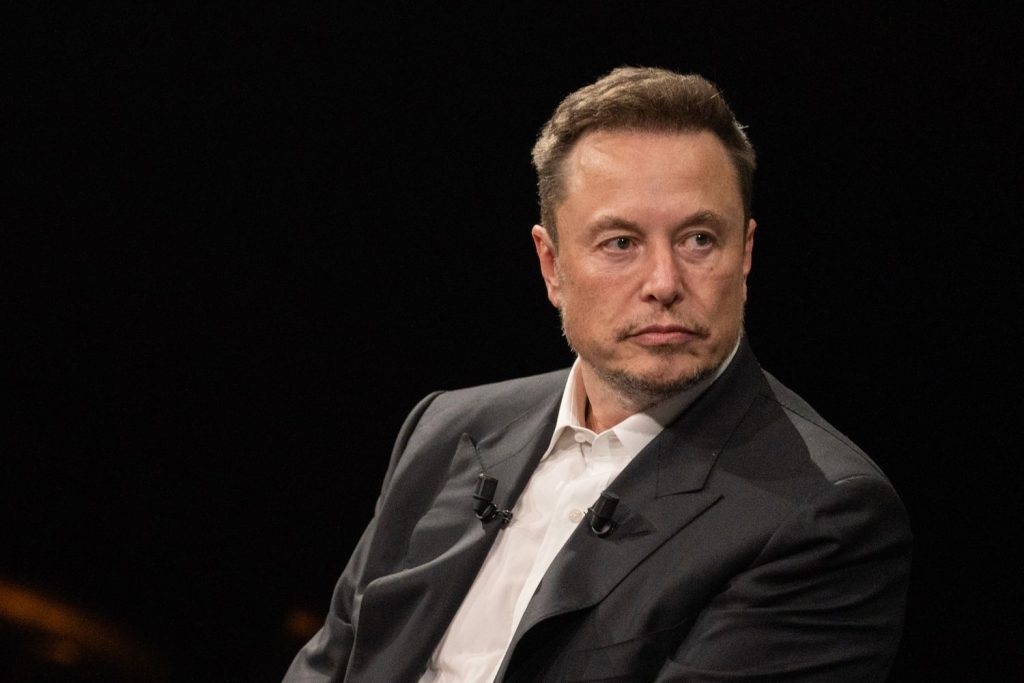In a recent turn of events, tech billionaire Elon Musk has found himself embroiled in a legal battle with a Brazilian Supreme Court judge after accusing him of censorship. The judge, Alexandre de Moraes, had ordered the removal of certain posts on social media platform Twitter that were deemed to be spreading misinformation about elections in Brazil.
Following the removal of these posts, Musk took to Twitter to express his outrage at what he perceived to be an attack on free speech. In a series of tweets, he called for Judge Moraes to be ousted from his position and accused him of stifling dissenting voices.
The situation escalated further when Judge Moraes launched a probe into Musk’s actions, citing potential violations of Brazilian law. This move has sparked widespread debate about the limits of freedom of expression in the digital age and the power dynamics between tech giants and government authorities.
Legal Implications
As the founder and CEO of SpaceX and Tesla, Elon Musk wields significant influence over public discourse through his massive online following. His clash with Judge Moraes raises important questions about the responsibilities that come with such influence and the boundaries between free speech and potential harm.
The legal implications of this case are complex and multifaceted. On one hand, there is a legitimate concern about the spread of misinformation and its impact on democratic processes. However, there is also a need to ensure that individuals have the right to express their opinions without fear of retaliation or censorship.
Public Reaction
The public reaction to Elon Musk’s feud with Judge Moraes has been mixed. Some have praised him for taking a stand against what they perceive as government overreach, while others have criticized him for potentially undermining the rule of law in Brazil.
Regardless of where one stands on this issue, it is clear that the intersection of technology, politics, and freedom of expression is becoming increasingly fraught. As more people turn to social media as their primary source of news and information, the role of platforms like Twitter in shaping public discourse cannot be understated.
Conclusion
In conclusion, Elon Musk’s call for the ouster of Brazilian Supreme Court judge Alexandre de Moraes highlights the complex challenges facing societies in the digital age. The tension between free speech and regulatory control is likely to continue evolving as technology advances and new forms of communication emerge.
It remains to be seen how this particular case will unfold and what ramifications it may have for future interactions between tech giants and government authorities. One thing is clear – navigating these issues will require careful consideration and collaboration from all stakeholders involved.
